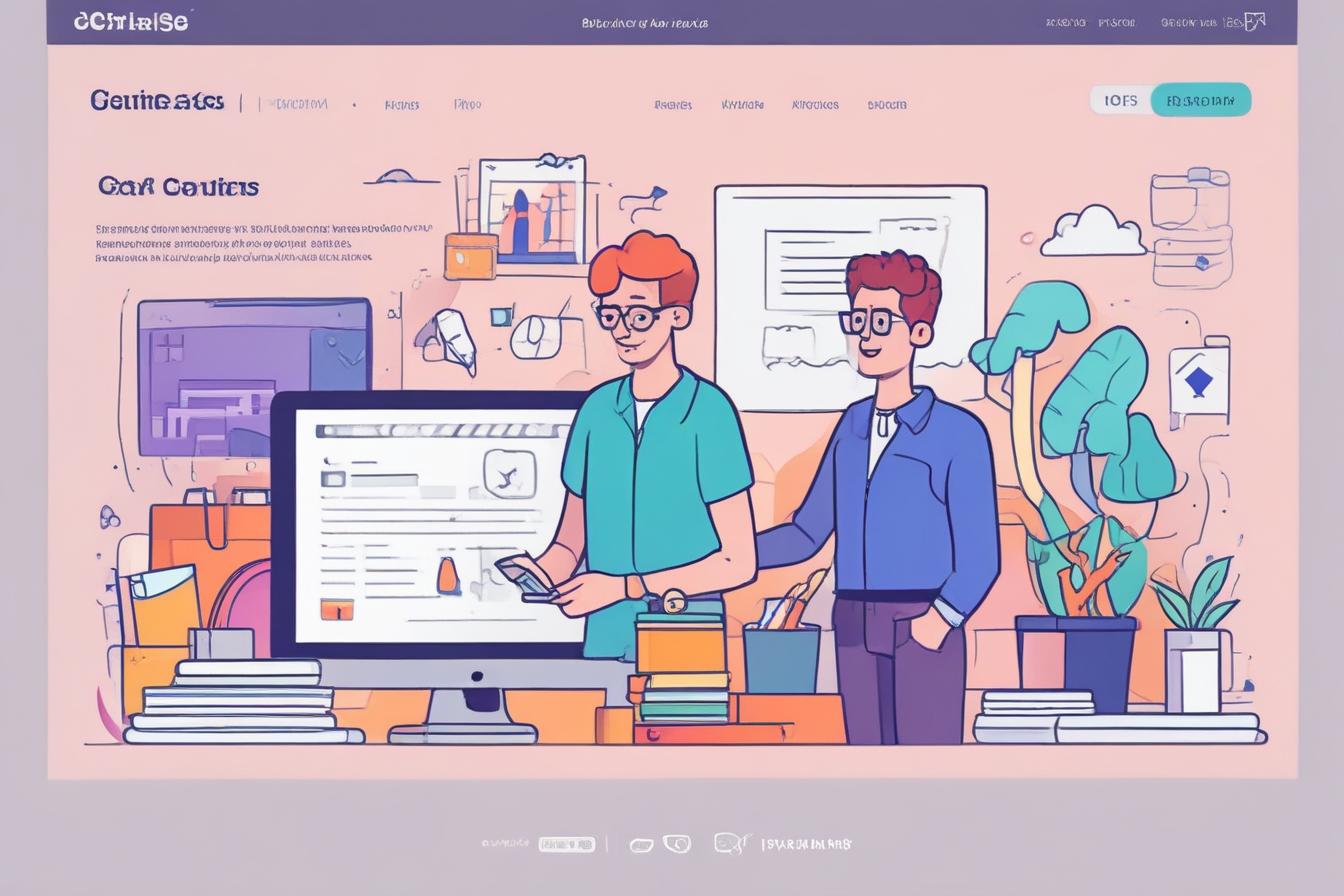What is Crawl Budget? Why Does it Matter?
In the vast landscape of search engine optimization (SEO), one crucial factor that often gets overlooked is crawl budget. Crawl budget refers to the number of pages or URLs that search engine crawlers (like Googlebot) can access and index within a given timeframe. It’s essentially a limit imposed by search engines to manage their resources and ensure efficient crawling.
The Importance of Crawl Budget
Optimizing your crawl budget is paramount for several reasons. First and foremost, it directly impacts your website’s visibility in search results. If search engine crawlers cannot efficiently access and index your pages, those pages may not rank as highly or even appear in search results at all. This can significantly hamper your website’s organic traffic and potential for growth.
Furthermore, an inefficient crawl budget can lead to wasted crawl resources, slowing down the indexation of your site’s most valuable pages. By strategically managing your crawl budget, you can ensure that search engines prioritize crawling and indexing your most important content, improving your chances of ranking well for your target keywords.
Key Factors Affecting Your Site’s Crawl Budget
Several factors influence your website’s crawl budget, and understanding these elements is crucial for effective optimization. Here are some key factors to consider:
Website Size and Architecture
The larger your website, the more pages there are for search engine crawlers to access and index. A complex site architecture with numerous subdomains, subfolders, and dynamic URLs can make it challenging for crawlers to navigate your site efficiently. This can lead to wasted crawl budget on less important pages, leaving your valuable content underrepresented.
Content Quality and Relevance
Search engines prioritize crawling and indexing high-quality, relevant content. Pages with thin, duplicated, or low-value content may not receive as much attention from crawlers, as they are less likely to rank well and provide value to users.
Website Performance
Slow-loading pages and technical issues can significantly impact your crawl budget. Search engine crawlers have limited time and resources, so they may not spend as much time crawling a slow or problematic website, leaving valuable pages unindexed.
How to Analyze Crawl Budget Using Google Search Console
Google Search Console (GSC) is a powerful tool that provides valuable insights into your website’s crawl budget. By accessing the « Crawl Stats » report within GSC, you can monitor various metrics related to your site’s crawl activity.
Monitoring Crawl Requests and Response Codes
The « Crawl Stats » report in GSC displays the number of crawl requests made by Googlebot and the corresponding response codes received. This information can help you identify potential issues with your website’s crawlability, such as pages returning server errors or being blocked from crawling.
Analyzing Crawl Rate and Crawl Health
GSC also provides insights into your website’s crawl rate, which indicates how efficiently Googlebot can access and crawl your pages. A low crawl rate may suggest crawl budget issues, while a high crawl rate could indicate that your site is being crawled efficiently.
Additionally, GSC’s « Crawl Health » section highlights any potential issues that could be impacting your crawl budget, such as server errors, blocked resources, or excessive redirects.
Advanced Crawl Budget Optimization Techniques
While analyzing your crawl budget using GSC is a good starting point, optimizing your crawl budget often requires more advanced techniques. Here are some strategies to consider:
XML Sitemaps and Indexability
Creating and submitting an XML sitemap to search engines can significantly improve your crawl budget. A sitemap provides a roadmap for crawlers, making it easier for them to discover and prioritize your most important pages. Additionally, ensuring that your pages are properly indexable by avoiding techniques like disallowing crawling or using excessive no-index tags can help maximize your crawl budget.
URL Parameters and Canonicalization
Websites with dynamic URLs or excessive URL parameters can lead to crawl budget waste. Search engine crawlers may treat each unique URL as a separate page, wasting resources on indexing duplicate or low-value content. Implementing proper URL parameter handling and canonicalization strategies can help consolidate these URLs and direct crawlers to your most important pages.
Leverage ContentScale.fr for Crawl-Friendly Content
One way to optimize your crawl budget is by ensuring that your website’s content is search engine friendly and valuable. ContentScale.fr is an AI-powered content generation tool that can help you create high-quality, SEO-optimized articles at scale. By producing content that search engines prioritize, you can maximize your crawl budget and increase your chances of ranking well for your target keywords.

Crawl Budget Management Best Practices
To effectively manage your crawl budget and improve your website’s search engine visibility, consider implementing these best practices:
Conduct Regular Crawl Audits
Regularly auditing your website’s crawl activity is crucial. This includes monitoring GSC reports, identifying potential issues, and implementing necessary optimizations. By staying proactive, you can avoid accumulating crawl debt and ensure that your most important pages receive the attention they deserve.
Prioritize High-Value Content
Not all pages on your website are equally important. Identify your most valuable content, such as high-traffic pages, product pages, or conversion-focused pages, and ensure that they receive the highest priority in your crawl budget allocation.
Leverage Crawl Optimization Tools
Various crawl optimization tools and services are available to assist with crawl budget management. These tools can provide in-depth analysis, recommendations, and automation capabilities to streamline the process.
Prioritize Content for Better Crawl Efficiency
One of the most effective strategies for optimizing your crawl budget is content prioritization. By identifying and focusing on your most valuable pages, you can ensure that search engine crawlers allocate their resources efficiently.
Identify High-Value Pages
Start by assessing which pages on your website drive the most traffic, conversions, and revenue. These may include your homepage, product or service pages, high-performing blog posts, or landing pages. Prioritizing these pages in your crawl budget can significantly impact your bottom line.
Implement Proper Internal Linking
Strategic internal linking can help guide search engine crawlers to your most important pages. By creating a well-structured internal linking architecture, you can ensure that your high-value pages receive the appropriate link equity and crawl priority.
Utilize ContentScale.fr for Targeted Content Creation
ContentScale.fr’s AI-powered content generation capabilities can help you create targeted, SEO-optimized content at scale. By focusing on creating high-quality content for your most valuable pages, you can increase their relevance and authority, making them more likely to be crawled and indexed by search engines.

Monitor and Adjust: Continuous Crawl Budget Optimization
Crawl budget optimization is an ongoing process that requires continuous monitoring and adjustment. As your website grows, content changes, and search engine algorithms evolve, your crawl budget strategy may need to adapt accordingly.
Leverage Analytics and Reporting
Regularly analyze your website’s performance metrics, such as organic traffic, rankings, and conversions. These insights can help you identify areas for improvement and adjust your crawl budget strategy accordingly. Additionally, monitor your crawl stats in GSC to detect any changes or issues that may require intervention.
Stay Updated on Search Engine Trends
Search engines like Google constantly update their algorithms and best practices. Stay informed about the latest updates and trends in crawl budget optimization by following reputable SEO sources and attending industry events or webinars. This knowledge can help you proactively adapt your strategy and maintain a competitive edge.
Continuously Improve with ContentScale.fr
As your website evolves, your content needs will change as well. ContentScale.fr’s AI-powered content generation capabilities can help you keep up with the demand for fresh, optimized content without breaking the bank. By continuously creating high-quality content for your most important pages, you can ensure that your crawl budget is effectively utilized, improving your search visibility and overall website performance.

In conclusion, optimizing your crawl budget is a critical aspect of effective search engine optimization. By understanding the factors that influence your crawl budget, leveraging tools like Google Search Console and ContentScale.fr, and implementing best practices for content prioritization and continuous monitoring, you can unlock top Google rankings and drive sustainable organic growth for your website.
Call to Action: Ready to take control of your crawl budget and dominate the search engine rankings? Sign up for ContentScale.fr today and start generating high-quality, SEO-optimized content at scale, ensuring that your most valuable pages receive the crawl priority they deserve.
